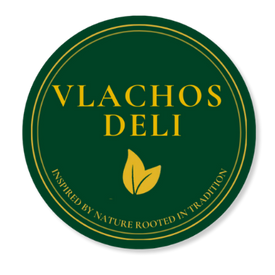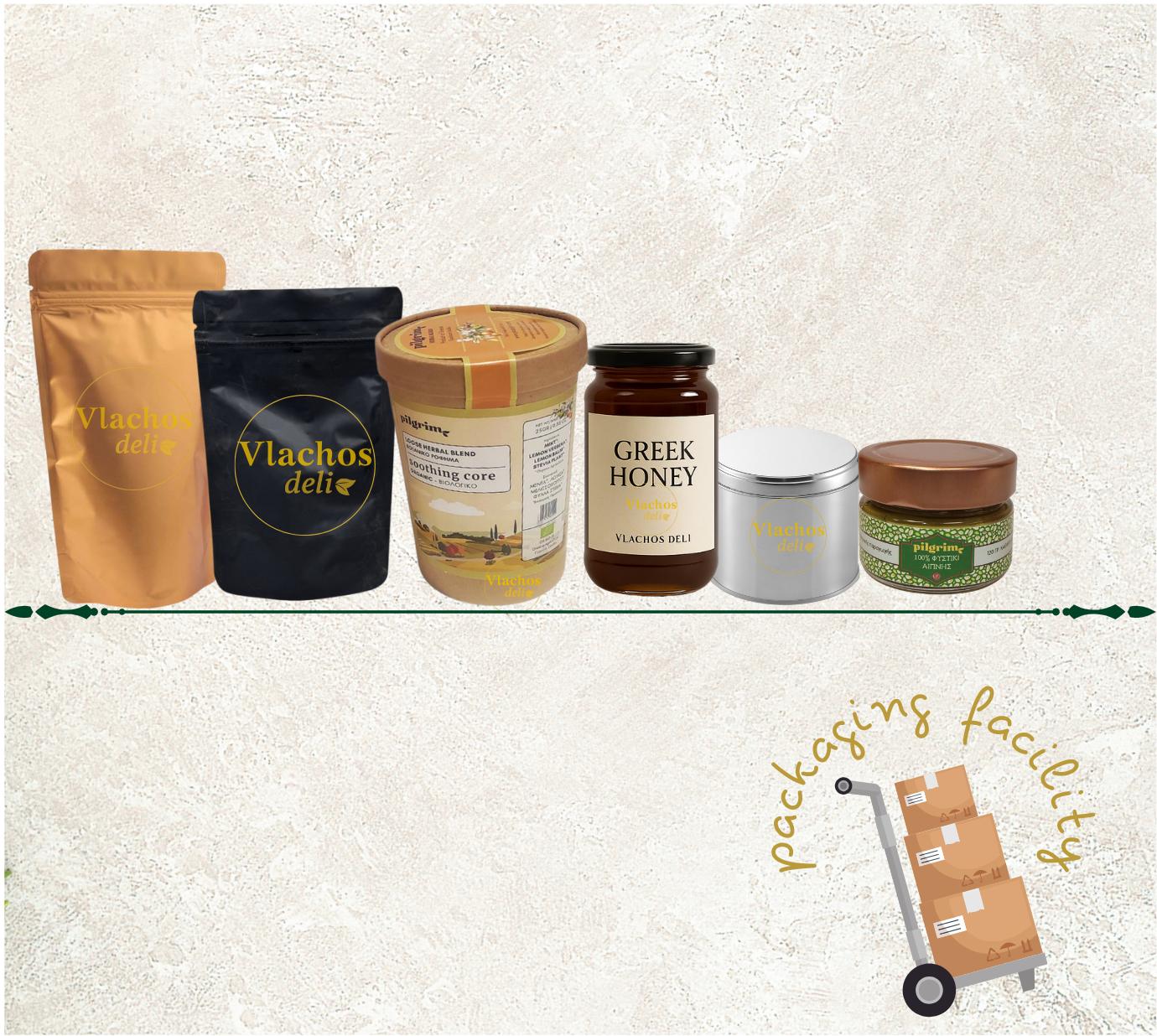The do's and dont's before you start
Private label packaging is one of the smartest ways for small businesses, shops, and producers to bring their products to market with a professional image — without the heavy costs of building a large-scale facility.
From herbs and spices to nuts and other specialty goods, private label solutions allow you to focus on your product, while a trusted packaging facility takes care of presentation, compliance, and branding.
Why private label packaging is a great choice?
what to look for when selecting a facility?
How to make sure your brand stands out while staying compliant with EU regulations?
Choosing Private Label Packaging is:
-
Cost-Effective: Avoid the upfront investment in machinery and packaging lines.
-
Flexibility: Start with low minimum quantities — ideal for new or small businesses.
-
Professional Image: High-quality packaging helps your product gain credibility on the shelf.
-
Faster to Market: With a packaging partner, you can launch products quickly without worrying about technical details.
Tips: what to notice before choosing a Packaging Facility
When selecting a packaging partner, consider the following:
- Credibility
Make sure the facility has a proven track record, satisfied clients, and transparent processes.
-Flexibility
Choose a partner who offers a range of packaging materials and formats — from nylon bags to recyclable doy-packs and glass jars. Flexibility means you can adapt as your brand grows.
-Legality & Certifications
Your packaging facility should comply with EU regulations on food contact materials, hygiene standards, and traceability. Ask for all legal documents and certifications before you start.
Building a Strong Branding Impression
Packaging is more than just a container — it’s the first impression of your brand.
-
Logo & Design Layout: Keep it clean, modern, and aligned with your brand identity.
-
Premium or Minimalist: Decide how you want your product to be perceived — luxury, eco-friendly, everyday value?
-
Consistency: Use the same brand elements across all product lines for recognition.
Barcodes & Labeling
A professional packaging facility can help you create and print barcodes directly on your packaging. This ensures:
-
Traceability
-
Retail compliance
-
Smooth logistics and sales
When it comes to labeling under EU law, make sure your packaging includes:
-
Product name and description
-
Net weight/volume
-
List of ingredients (in descending order)
-
Allergens highlighted
-
Nutritional information (where required)
-
Best-before or expiry date
-
Storage conditions
-
Manufacturer/packer/distributor details
-
Country of origin (where applicable)
Conclusion
Private label packaging gives businesses the opportunity to grow with professional, flexible, and fully compliant solutions. By choosing a trustworthy packaging partner who values credibility, legality, and branding, you not only protect your product — you also enhance your market presence and customer trust.
At Vlachos Deli, we specialize in helping small businesses and producers stand out with tailor-made private label packaging solutions. From herbs and spices to nuts and dried goods, we combine quality, compliance, and design to make your brand shine.
Vlachou Panagiota
Private Label & Packaging at Vlachosdeli.com
Key EU Legislation References
-
Food Contact Materials – Safety & Traceability (Regulation EC 1935/2004)
Defines general safety, traceability, and labeling requirements for all food contact materials in the EU.
Food Safety -
Good Manufacturing Practices (GMP) – Regulation EC 2023/2006
Ensures that packaging processes and facilities maintain quality, hygiene, and traceability.
Food Safety -
EU Packaging & Packaging Waste Directive – 94/62/EC
Establishes essential requirements for packaging recyclability, reuse, and waste reduction.
Βικιπαίδεια -
Food Information to Consumers – Regulation EU 1169/2011
Outlines mandatory label details: ingredients, allergens, weight, origin, language, and nutritional info.
Βικιπαίδεια -
General Food Law & Traceability – Regulation EC 178/2002
Sets foundational principles for food safety and traceability across the EU food chain.
Βικιπαίδεια -
General Product Safety Regulation – Regulation EU 2023/988
Requires product identifiers, manufacturer info, use instructions, and documentation (Tech File/DPP) for all consumer goods.
Βικιπαίδεια -
Digital Product Passport (DPP)
Under future regulations (like ESPR), mandatory for improved product data, traceability, and sustainability by 2030.
Βικιπαίδεια -
New EU Packaging Regulation (PPWR) (upcoming)
Will replace the current Packaging Directive with stricter sustainability and labeling requirements across the packaging lifecycle.
KPMG-LawClarityverpackungsgesetz.com


